Better Communities
Isn’t it beautiful to enjoy good quality food and at the same time, contribute to farmers community through ethical trading?
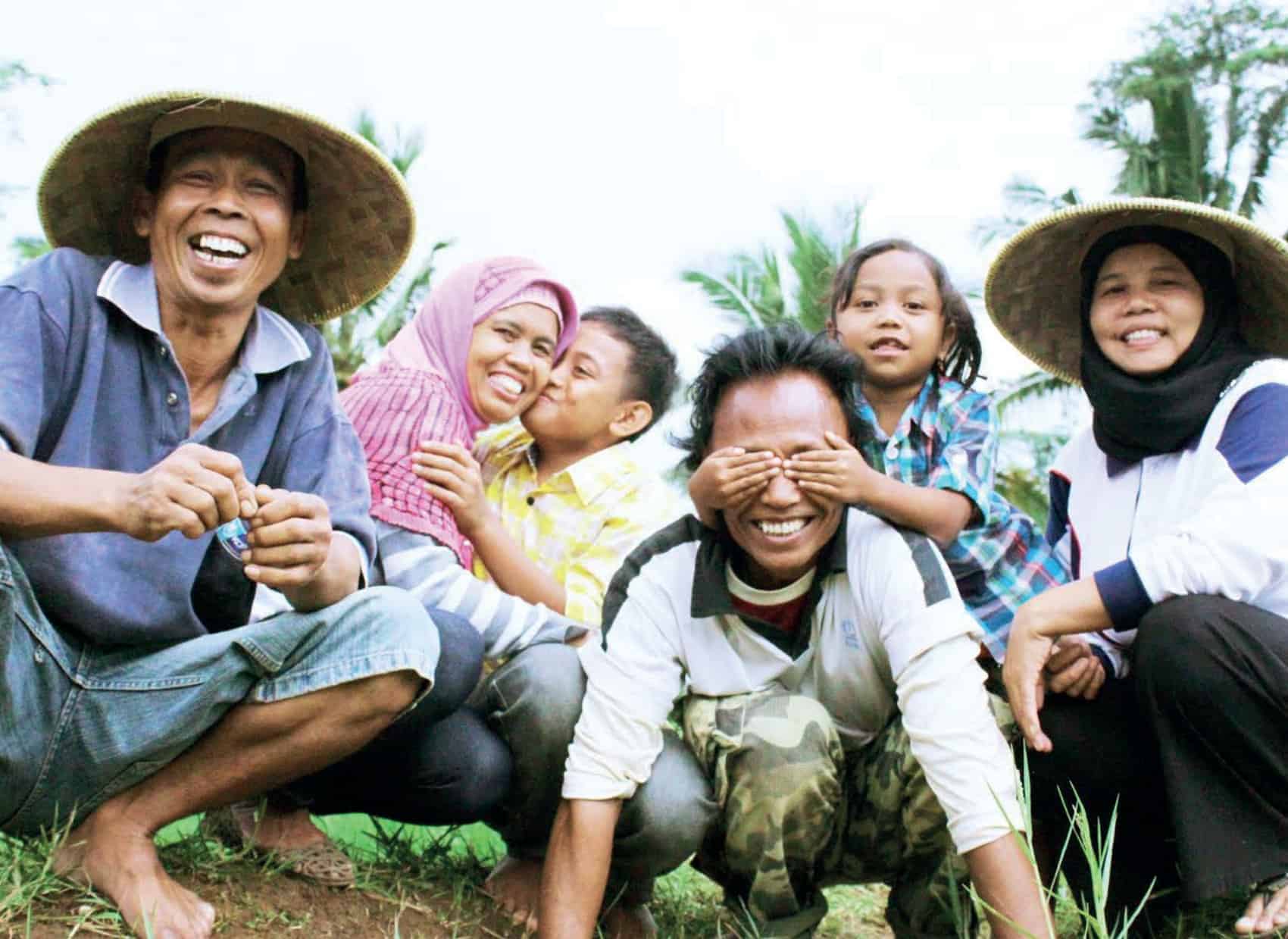
‘Rice’ Up For Small Farmers

Sunria works hand-in-hand with farmers to produce premium organic rice. It helps small-scale Indonesian farmers trapped in decades of poverty cycles, by introducing fair trade practices, and empowering them to grow better rice in a more sustainable manner. Using revolutionary SRI System of Rice Intensification method, Sunria farmers are now able to save 50% fresh water, reduce greenhouse gas emissions, increase biodiversity and fertility, and harvest up to 78% more paddy for their livelihood. With Sunria Rice, enjoy tastier and more nutritious organic rice to benefit your health, the environment, and humanity!
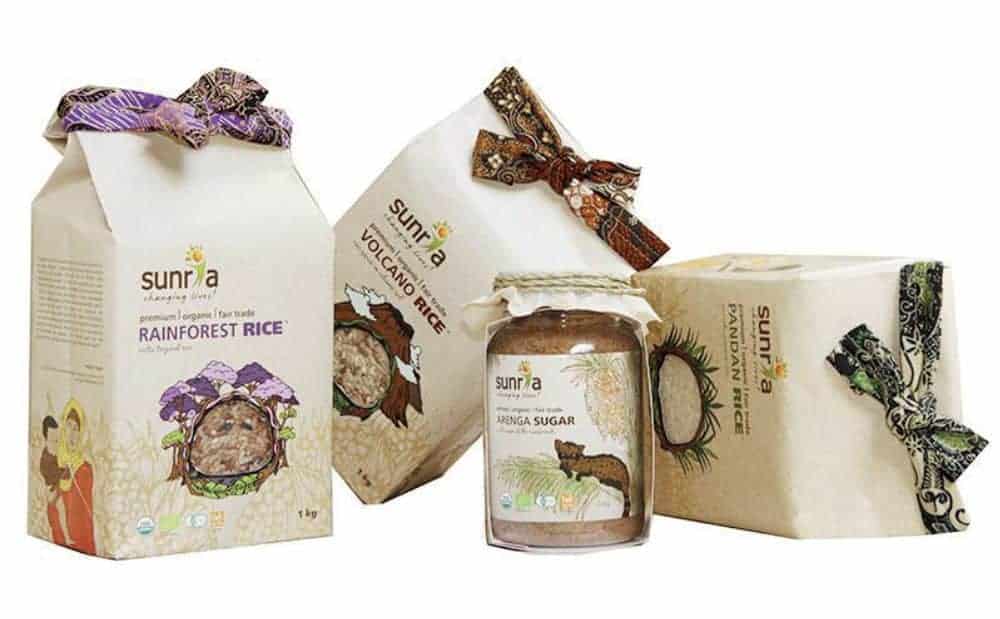
Sunria Product Range
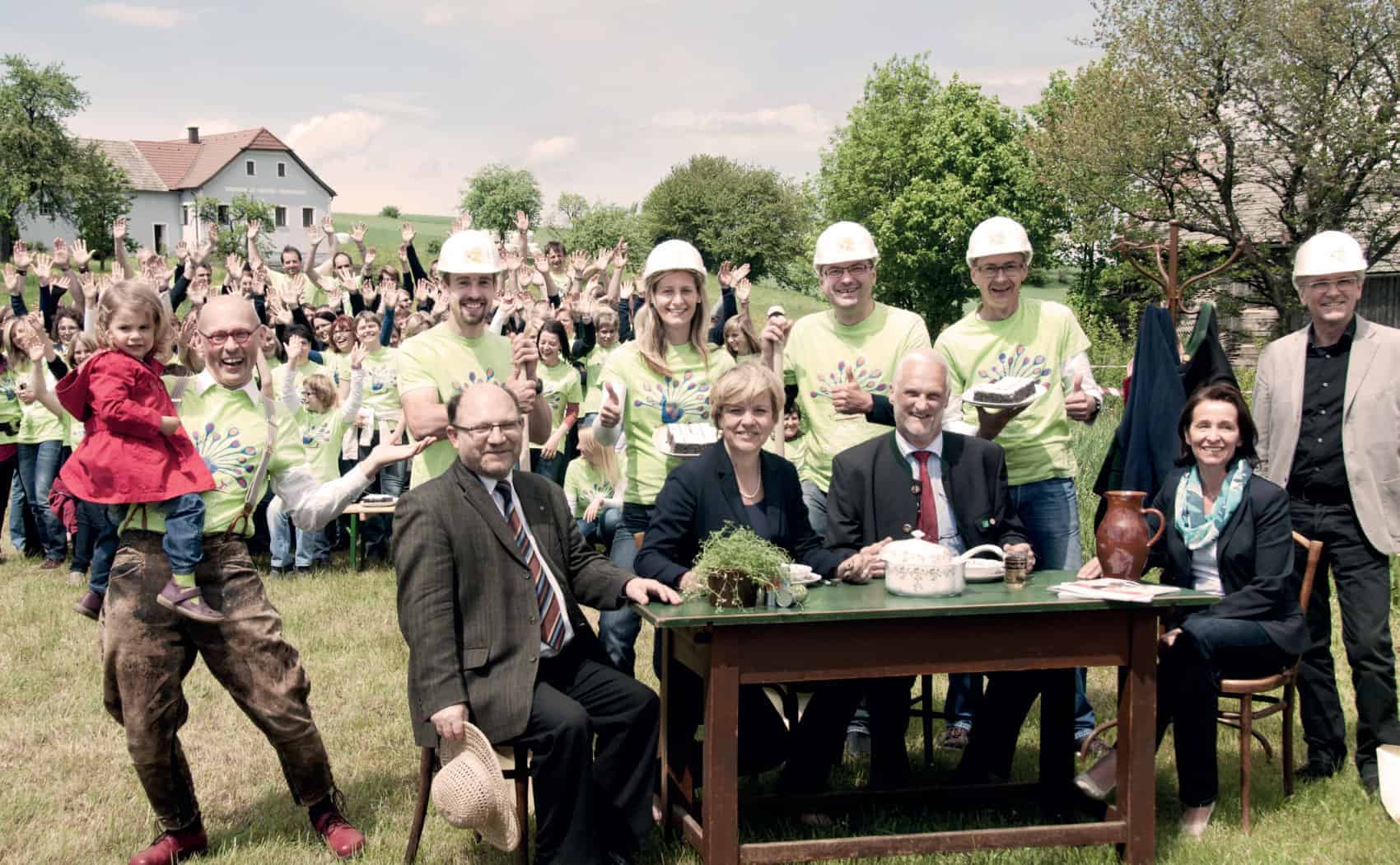
We Support Our Region

SONNENTOR has created numerous jobs in recent years. It all began 30 years ago, when Johannes Gutmann convinced three farming families to grow organic herbs and spices for SONNENTOR. A perspective that was in line with the farmer’s ethics and at the same time ensured their livelihood. Today, over 200 organic farmers grow producer for SONNENTOR in Austria. The secret of our success? A large part of the processing happens directly on the farm, such as drying and packaging of the raw materials. This allows farmers to ask higher prices for their products and, consequently, live well. And the communities benefit from the small-scale farm shops that many farmers run on their farms.
Our employees have a (work) place in the sun.
Many hard-working people also find work at our headquarters in Sprögnitz. Through the unswerving use of manual work in the packaging of our products, numerous regional jobs are created every year. People who are not able to do regular work can become freelance service providers and supplement their income depending on their availability. Some of our employees have even turned their backs on the city and moved back to their homeland. To attract the best minds to join us in our workplace in the Waldviertel, we come up with special ideas. An appreciative way of interaction with each other is important to us, but our commitment goes much further. Since man does not live from bread alone, our employees enjoy daily cooked lunches. They are prepared on site in the SONNENTOR kitchen and are organic, fresh and free of charge and organic fruit and teas are on offer throughout the day. In addition to our physical well-being, we also look after employee’s offspring. In the company’s child care center, little sunshine, children can grow and thrive with nature. Today, more than 300 employees belong to the SONNENTOR family in Austria.
Therefore, we also focus on regional and sustainable suppliers for our building materials and stationery. Approximately 90% of our office furniture and shop fit outs are supplied by regional craftsmen. The same applies to the construction of new buildings – and there are always projects in progress at SONNENTOR. In 2014/15, we invested a total of € 7.5 million in the “Über-Drüber” storage and production hall – money that went to companies in our region. The SONNENTOR experience also adds value to the area. We attract up to 40,000 guests a year to the Kräuterdorf Sprögnitz (Herb Village Sprögnitz). Many of them like to stay for a while here in the Waldviertel and visit other companies. As a result, jobs are secured beyond our company boundaries and regions with weak infrastructures, such as the Waldviertel, are strengthened. Regionality and creating value and jobs go hand in hand and we enjoy setting a good example. Why not give it a go, too?

Sonnnentor Product Range
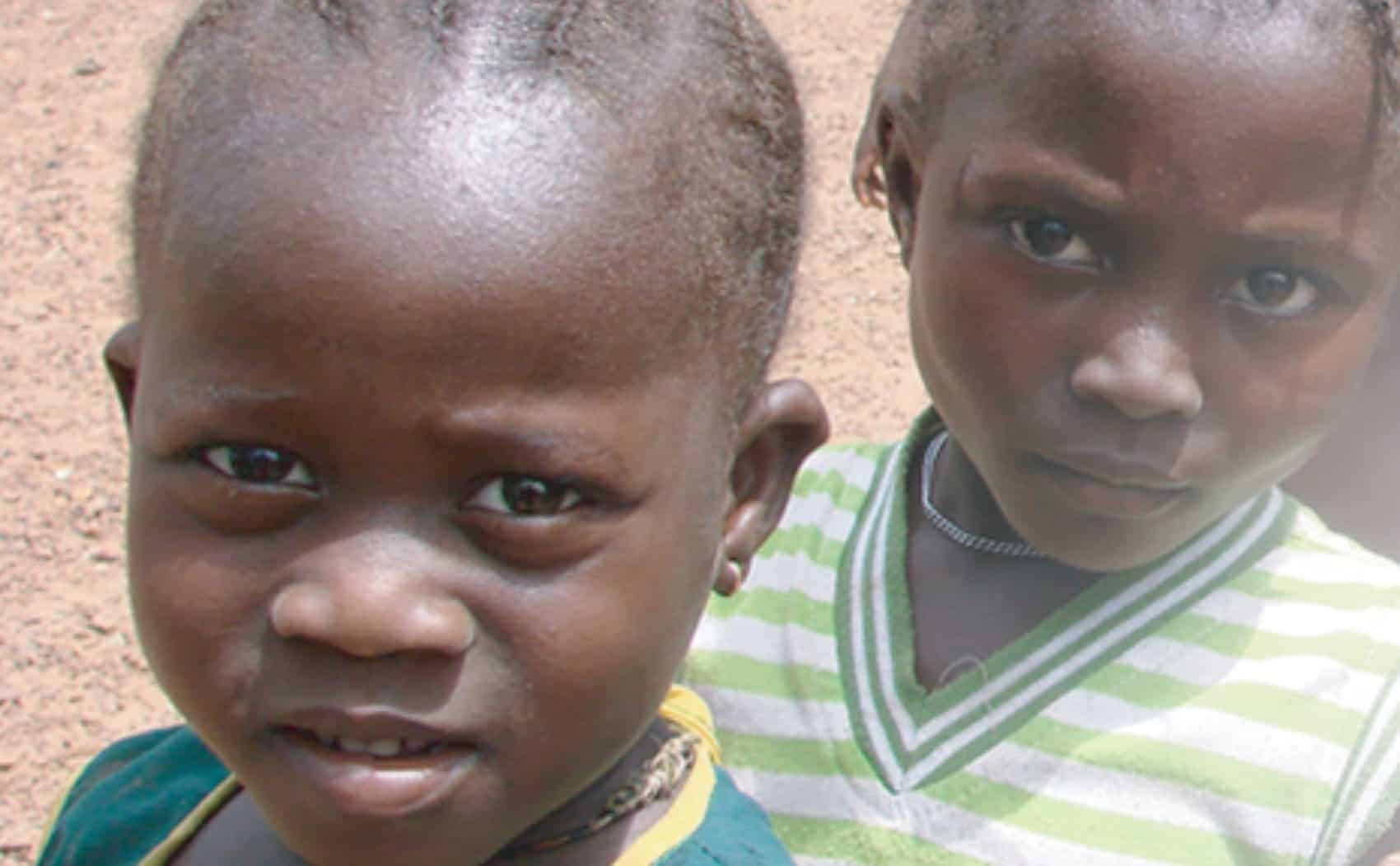
We Have a Great “Plan” for Children in Need
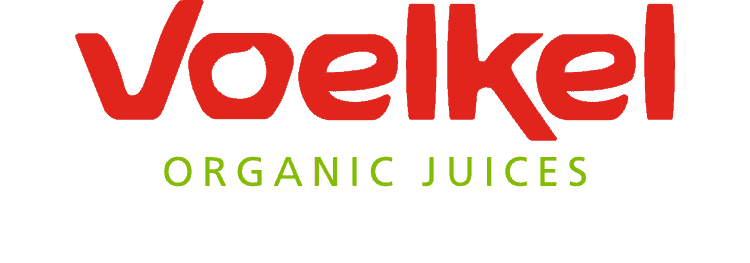
Since 2007, our family-owned company Voelkel has been closely cooperating with Plan, the international children’s relief organisation. We are supporting various projects in developing countries with the sales of our 7-Dwarfs-Juice for children as well as of our dragon fruit products. In this way, we contribute to the sustainable protection of the environment as well as the improvement of the living conditions of people in developing countries.
Through our cooperation with Plan we have, for example, been in a position to provide three day-nurseries in Brazil with furniture, toys and other necessary items. In the framework of another project, in the Pune district of India, about 4,000 students at 200 schools along with their teachers have created school orchards, in which they planted fruit trees and medicinal herbs. In addition, they participated at a ‘healthy diet’ workshop. In Paraguay, we are supporting the school-garden project Health Food: The home-grown fruits and vegetables are used to prepare healthy meals in the canteens of 32 schools in order to improve the diet of 2,232 students. Moreover, we have helped 256 families to create their own gardens, the yields of which they sell, in this way increasing their incomes. These families are given comprehensive training, which enables them to combine traditional cultivation methods with modern ecological principles.
At present, we are supporting our fourth project, called Protecting Children from HIV and AIDS. It is based in the rural Kamuli district of Uganda, where the health care for mothers infected with HIV is improved through various means: Medical supplies are stocked up, personnel in health centres is increased, local information events as well as free medical examination for all community members are offered. Families are given information about new means of income such as the cultivation of fruit or other crops; in savings groups, members learn to handle microloans, which they place at each other’s disposal.
Pascal: ‘I no longer wanted to live. When Plan approached me and offered me to take part at this project, this gave me hope again. I have started to take medication and to plant seedlings and fruit trees which were given to my wife. And on top of that they have also given us some goats.’ Plan is one of the oldest children relief organisations and operates in 50 countries in Asia, Africa and Latin America. By means of sponsorships,
Plan helps to improve the living conditions of children and their families in developing countries, helping them to help themselves— irrespective of religion or politics. In the framework of development cooperation, Plan finances sustainable and child-oriented self-help projects, in the first place through sponsorships as well as individual donations, public funding and cooperations with companies.
